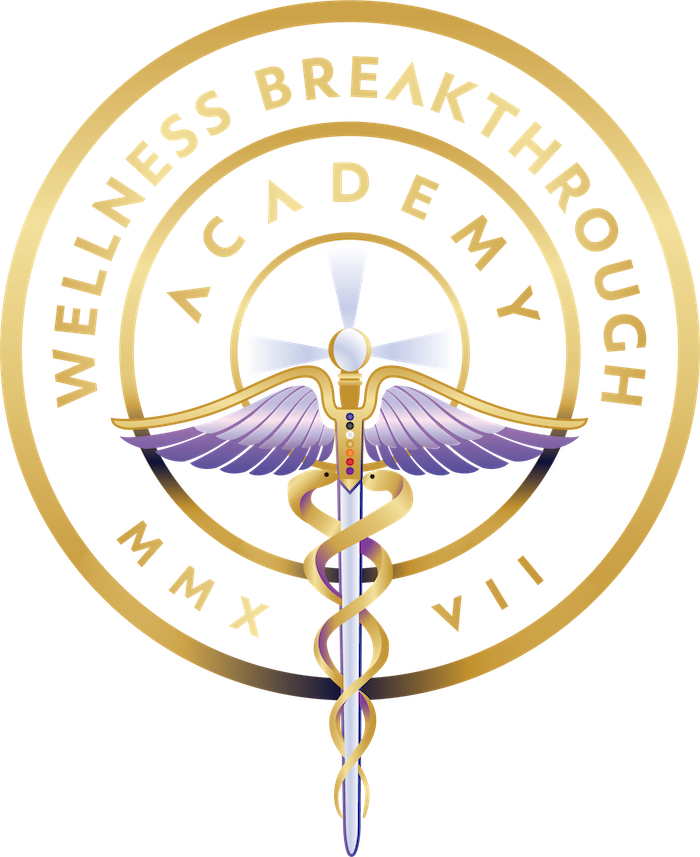It’s always the same when you go to the gym in January – lots of people, most of whom you won’t see there again after a few months.
Why is that? New Year’s resolutions.
But aren’t New Year’s resolutions good? Glad you asked because they actually are good, but only if you take action on them. Let me give you an example: your house is a mess and really needs a good clean. In which scenario are you more likely to actually clean your house? When thinking ‘I should really clean the house’ or when opening your calendar and writing ‘clean house’ in on a Saturday morning? Most of you would probably say that you are more likely to do it when you write it in your calendar.
It’s the same with other goals. When you set the goal to become fitter in the new year, what does that actually mean? What does being fit mean to you? Being able to walk up the stairs without getting out of breath? Running a marathon? Riding your bike with your children? As you can see being fit can mean different things to different people. So try to be specific where you can, I’m sure you have an idea in mind. Then there are other issues such as how are you going to gt fit? Are you going to sign up for the gym? Are you going to go for a morning run before work? Are you going to take the stairs instead of the elevator? How often are you going to exercise and on which days? What time of the day works best for you? Especially when starting something new, it is important to have a pretty good idea of how it is going to look like. You will find yourself making less and less excuses if you know that on Tuesday mornings at 7AM you go for a 2km run taking your dog with you. Slowly this will become a habit and the Tuesday morning runs are not something you have to actively think about anymore.
So, from my personal experience I can say that New Year’s resolutions are likely to not last long and transform into habits if I don’t create a plan. For example, I’m working on my writing habits this year, so I plan them a bit more precisely than my exercise habits. I have been exercising for many years and for me it is now enough to just set a goal like “exercise 3x a week”. I don’t need to be as detailed but when you are just starting, I believe it is more important.
The other thing is breaking big goals down into small weekly and monthly goals. This will make them less overwhelming and consistent small steps add up to big things. If you start reading 10 pages a day, then you can read a 300 page book in a month which means you end up reading 12 books a year. If you increase the number of pages, you can read more. Ten pages a day sounds more achievable that 12 books per year though if you’re not a big reader.
The final thing I believe is important is to be realistic with your goals. If we go back to our book example it would be an unrealistic goal for someone who does not read currently to say “I’m going to read 52 books this year”. Some people might be able to do this but most of the time this is simply not realistic. You will likely feel discouraged quickly, be disappointed in yourself and you may even give up on all of your yearly goals altogether. That’s why I like setting a realistic goal and potentially doing extra rather than setting the mark very high straight away. Last year, my goal was to read 24 books, but I ended up reading 33 instead.
So what are the main things I want you to take away from this post?
- you are more likely to do things you schedule.
- be specific with your goals, especially when you are really new to something.
- break big goals down into smaller monthly, weekly and even daily chunks.
- be realistic
So what’s next? Here is a link you can use to download our free planner.
https://drive.google.com/uc?export=download&id=1fyx472qBY0mr_Unbyxo6qWZaPGlwK6JO

